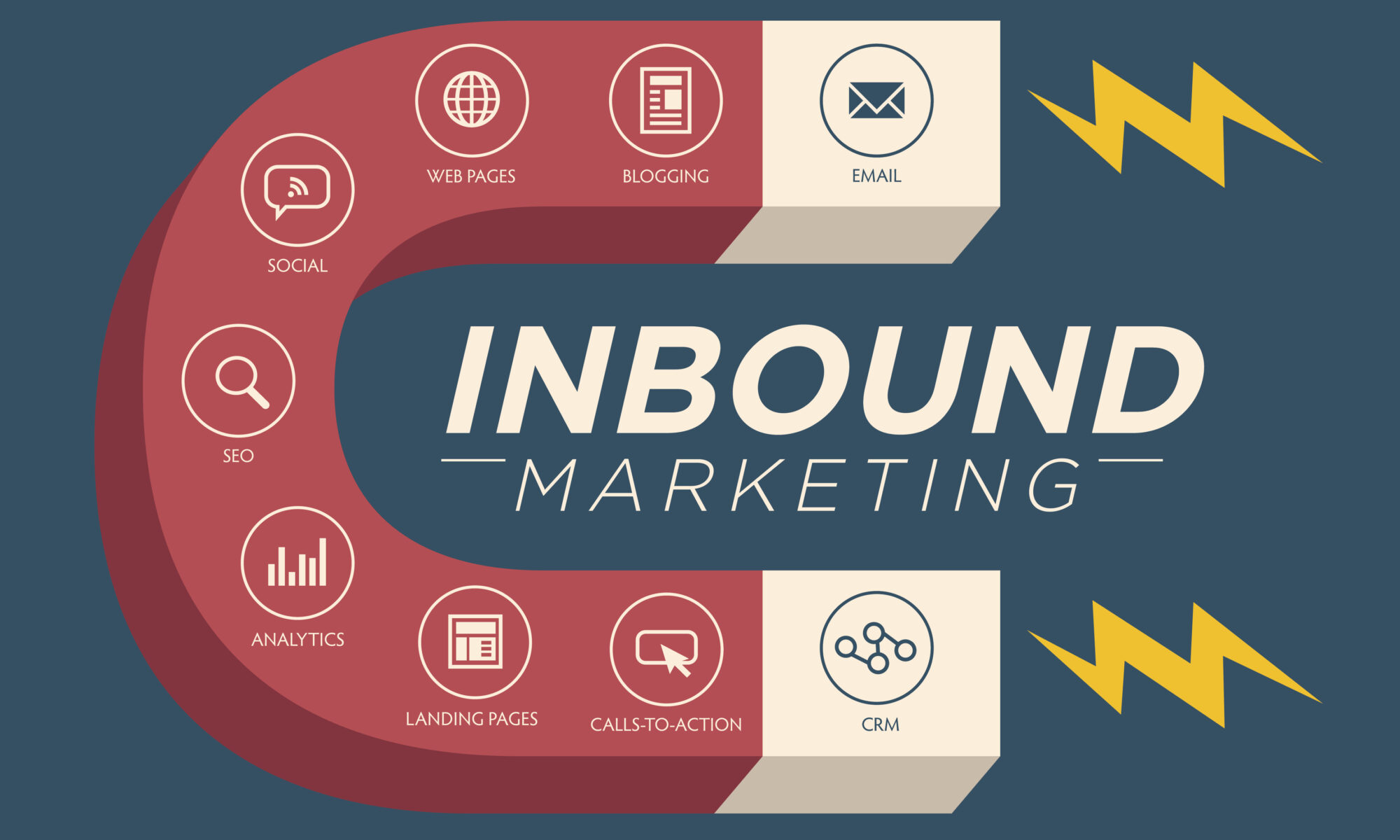With more consumers turning to online stores for their purchases, this is a great time to run an eCommerce business. However, online store owners face certain challenges that can make or break their business. From protecting consumer information online to finding better ways to fulfill orders, such as with help from a fulfillment company, these are some of the top challenges eCommerce store owners face.
1. Building Customer Loyalty
With so many online stores to choose from, having customer loyalty can be tough. Encourage customers to be loyal to your business through online interaction, loyalty programs with rewards, transparency, and content marketing. Taking these steps can help you engage with your customers and build a rapport with them.
2. Labor Shortages
Labor shortages have been making it harder for online stores to find staff to handle orders, customer service, and other aspects of keeping businesses up and running. Making improvements to your recruiting process and offering good benefits can help you find employees to help you with your online store.
3. Problems with Logistics
Global supply chain issues have led to logistics problems for online stores, especially when it comes to tracking inventory. Hiring a reputable fulfillment company can help your eCommerce business keep track of products that are in stock, so that you’ll know when it’s time for you to restock.
4. Lack of In-Person Contact Before Purchasing
Customers aren’t able to examine products physically before buying them when they purchase goods online. This can cause some customers to avoid shopping online. ECommerce store owners can make use of newer technology, such as virtual realty or augmented reality to make up the inability to physically try on or feel or hold merchandise.
5. Low Conversion Rates
Conversion rates can be a problem for online store owners, especially for those who are just getting started. Focusing on driving conversion through search engine optimization, calls-to-action, and the targeted messaging can help you increase your online store’s conversion rates.
6. Fraudulent Transactions
Fraud can easily happen in online stores when secure payment methods aren’t being used. This can lead to financial and legal problems while also discouraging customers from doing business with your eCommerce store. Watch for signs of suspicious activity with customer purchases, and use software solutions to make the payment process as secure as possible.
7. Customer Support
Although you can use chatbots for convenient customer support, many consumers would rather talk to customer service personnel on the phone, especially when dealing with complex issues. Offering phone support that allows customers to speak to someone can help improve customer support.
8. Customer Experience
Customers have raised their expectations in recent years when making online purchases. Ensuring that customers receive their orders promptly is crucial for your online business. A fulfillment company can provide you with peace of mind while also meeting the higher expectations that today’s customers have.
9. Cybersecurity Threats
Cybersecurity threats can put customer data at risk and harm your online business in other ways. To lower the risk of these threats, you should update your online store platform on a regular basis, back up data routinely, and use security solutions.
10. Product Returns
Online stores have a higher risk of fraud or other issues when it comes to product returns. Having clear return and refund policies can help lower this risk. Giving customers different options for returns or refunds or offering coupons for those who aren’t satisfied with their purchase can help encourage customer loyalty.
Ready to Get a Price Quote for Our Services?
If you need a fulfillment company to help overcome challenges with your eCommerce business, please contact Medallion Fulfillment and Logistics today. We offer dependable, quality fulfillment services on both the East and West Coasts.





